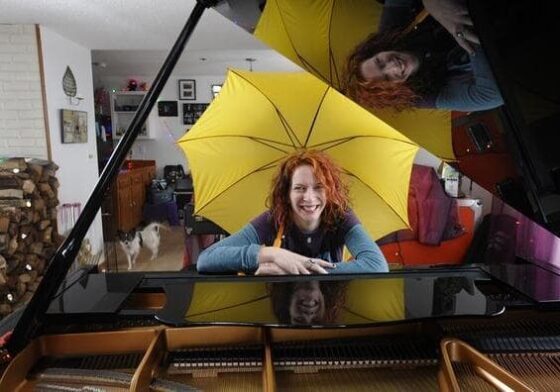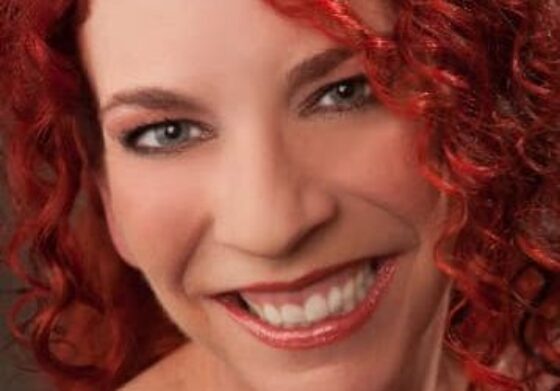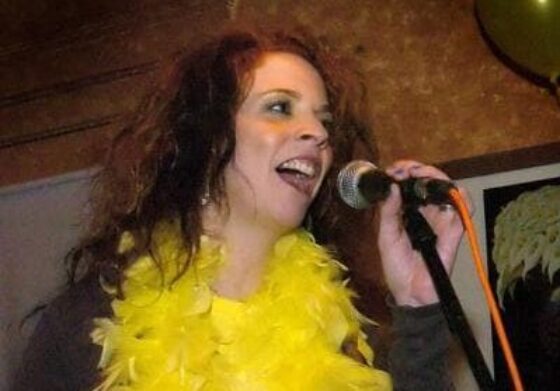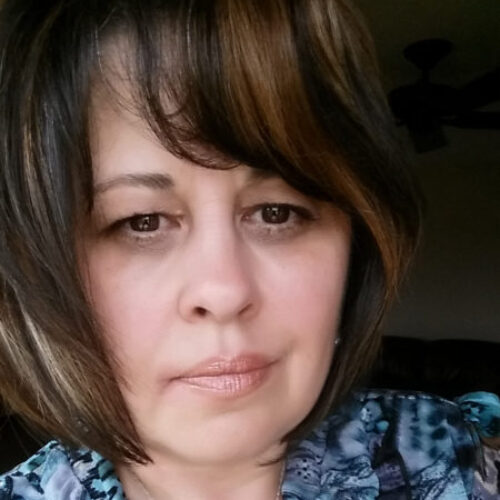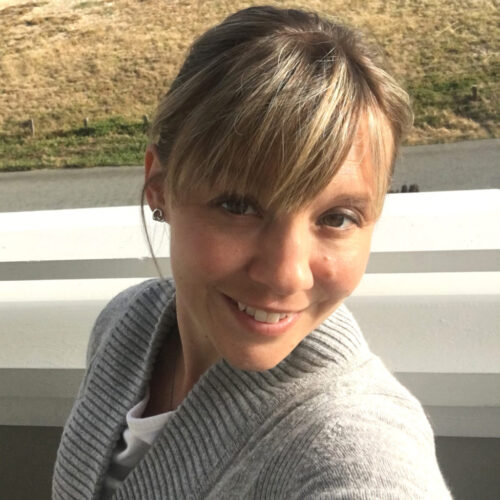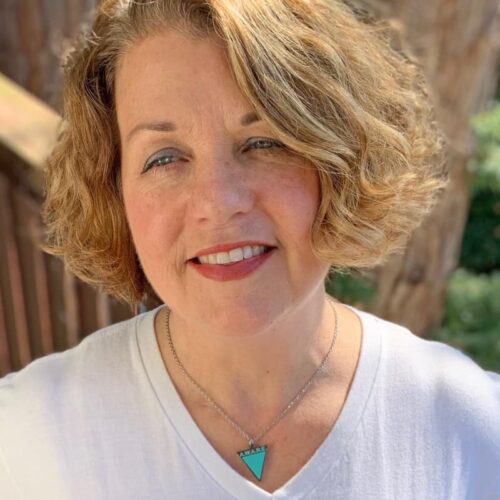I was 31 years old. I had a great husband, fun friends and loved my day job. On the side I was writing, recording and performing all of the time with my band. But then one day, I woke up with intense cramps and saw blood in the toilet. My gyno assured me nothing was wrong and that “breakthrough bleeding is normal.” I had never had bleeding in the middle of my cycle before, and the pain felt different than regular pain from cramps, but hey, I’m no doctor. So when he told me everything was fine, I believed him. Who wouldn’t? The pain went away within a few days and I never saw blood again.
I went on with my band and had a blast and didn’t think another thing about the blood. Then I went in for my annual Pap and it came back abnormal. I had had 13 normal Pap smears in a row (from 18-30 years old) and had never had any “issues down there,” so I was kinda freaked. I went back in for a colposcopy and my doc explained that he saw moderate to high grade dysplasia and that I was probably going to need a LEEP procedure to remove these bad cells. When I asked what could happen, he explained that if these bad cells were not removed, over years I could get cervical cancer.
Cancer? Me? No way.
He assured me that I would be fine, that my history of normal Paps meant we were catching it early and that I did not have cancer.
He was wrong.
In a Pap test, a laboratory technician examines a sample of cervical cells under a microscope to look for abnormal changes. Thus, the findings from a Pap are inexact and subject to human error and interpretation. The newer “liquid-based” Pap is more accurate; women with pre-cancerous cell changes can still be misdiagnosed as “normal” with the liquid pap. This is what happened to me. I went in for my Pap test every year since I was 18 and NEVER had an abnormal Pap. It wasn’t until my doctor’s office started using the more accurate, Liquid Pap that my cancer was caught. Despite the fact that the cells were changing for years, the Pap missed it, time and time again.
I got a phone call the morning of my follow up appointment, confirming an appointment I did not have, with a doctor I did not know. Realizing I had not gotten the news yet, the woman on the other end apologized and stumbled over her words as she told me that she was confirming an appointment with a gynecological oncologist. That’s how I found out I had cervical cancer.
I was 31 years old and everything started to happen really fast. Ten days after diagnosis I had a radical hysterectomy, pelvic radiation and chemotherapy. Within 4 months I was done with everything. Everything other than the deep dark depression, that is. I lost my passion for music. I couldn’t play, sing or write. I had no desire for the thing I loved the most. I didn’t know who I was anymore. It took me a long time to find myself again.
When I got it back I decided I wanted to use my story, my voice, my passion and my music to educate and empower other women. Go to your annual gynecologic exam, listen to your body if something is different, and advocate for the best and most accurate tests because not all Paps are created equal. There are amazing tools available now to help prevent cervical cancer and we need to use them to save lives.
I am one of the lucky ones. I am here, 13 years later, living and loving life. Be aware of and use ALL the tools to prevent cervical cancer—the HPV test, the Liquid Pap, and the HPV vaccine—these tests save fertility and lives.
Symptoms
- intense cramps
- bleeding between cycles
